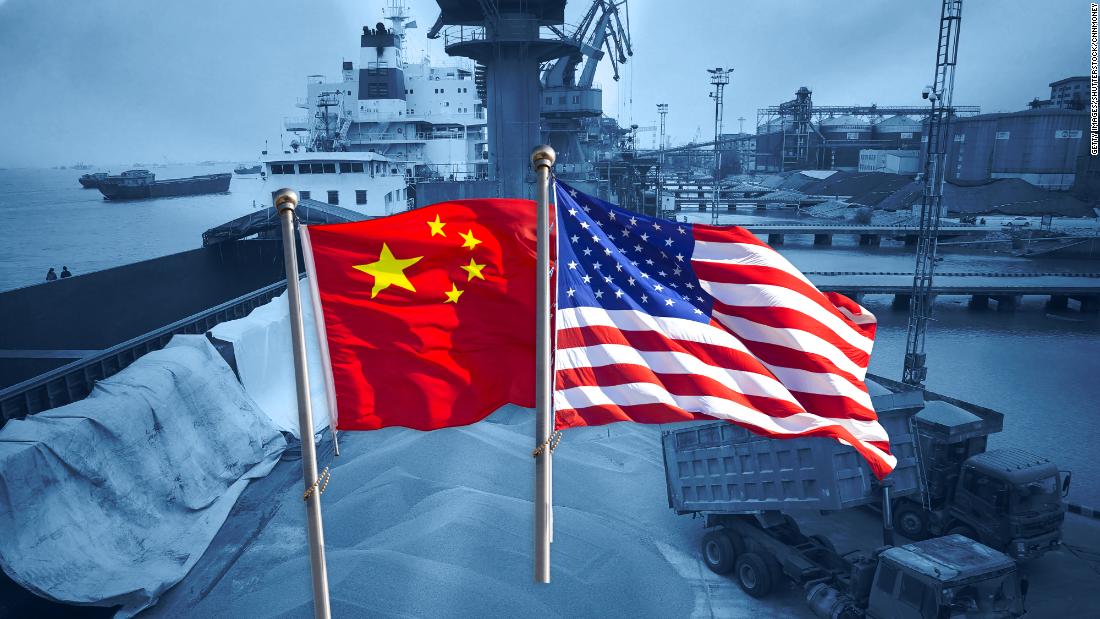
In March, Government Ombusdman Lai Mohammed described the return of the kidnapped Dapchi girls as being due to some sort of “moral burden” on the part of the girls’ abductors who had violated a ceasefire they supposedly agreed to. The Information Minister made the statement at the time of the release of the 104 girls (except Leah Sharibu, still held captive) by way of rejecting the claim that the Federal Government paid a ransom or swapped criminals to secure the release.
Based on a UN Report published in July on the Dapchi girls and made public this week, it is now to be taken almost for a fact that there was indeed a “large ransom payment”involved. The report, a 25-page submission to the United Nations by a team assessing the footprints of ISIL and other terror groups, asserts this payment was made possible thanks to “the predominance in the [West Africa] region of the cash economy, without controls” which makes easy for terrorist groups to be “funded by extortion, charitable donations, smuggling, remittances and kidnapping”.
It is an embarrassing take-down of Mr Mohammed’s “moral” standing. But more than the integrity of the Minister, the setback to intelligence gathering that the predominance of cash transactions continues to pose should be very worrying. Fighting crime and anti-terrorism require regular flows of information on the nature of the exchange of resources between people. What this report shows, if not confirms, is that there is a stunning gap in the level of intelligence available to definitively end Boko Haram. An environment where cash remains a major means of transactions, as against electronic and cashless transfers, will be full of massive leaks and faults that serve as channels for discreet information outside the reach of the security agencies. As the Central Bank explains in a document enunciating its cashless policy, “high cash usage enables corruption, leakages and money laundering, amongst other cash-related fraudulent activities”. In that sense, that Boko Haram receives it funding in cash presents a daunting challenge for monitoring their activities simply because it takes time to track cash before it is put to use. If the Nigerian Government has not been able to stop them from receiving cash, it should never have been able to claim any sort of victory, technical or otherwise.
Normally, if the Federal Government did make payments to the terrorists in exchange for the Dapchi Girls, it would most probably have done so through a means that would leave no traces or receipts potentially detectable by hackers and digital crawlers. In other words, the Minister’s defence in March would have come from a place of assurance that the Government’s payment, if it did make a payment, would not be discovered. While acknowledging that the UN Report may not be entirely accurate as to whether a ransom was paid or if it was large, it is still worth the bother that Boko Haram, an organisation internationally blacklisted and to be cut off from assets and finance, can receive cash donations.
But why not? Without the infrastructural sufficiency necessary to make financial forensic systems in the country work optimally, cash transactions remain prominent in many parts of Nigeria. In 2017, the CBN introduced charges on cash transfers above certain thresholds for individuals and organisations but had to withdraw the policy for 30 states in the federation due to the absence of the structure required for the policy to be successful without being unduly hard on people. But the ease comes at the cost of intelligence and internal security, a reality represented by the possibility that organisations tagged as “charities” could have cash stashed in bags of rice making their way towards Sambisa forest.
Perhaps the interests of politicians hold back the cashless policy from taking full effect because stomach infrastructure depends on ready cash that cannot be easily traced and accounted for. In a situation where political campaigns are required to have accounts with its incomes and expenditures noted, a party or candidate may be embarrassed if its published report for a year end or season were to show amounts spent on roadside corn and akara close to election day. The only way to shield from the public scorn that will arise from such details would be to facilitate them through untraceable offline transactions, aka cash.
For worse, however, the scheme appears to be paying terrorists big time and ultimately costing everyone peace of mind.





No comments:
Post a Comment